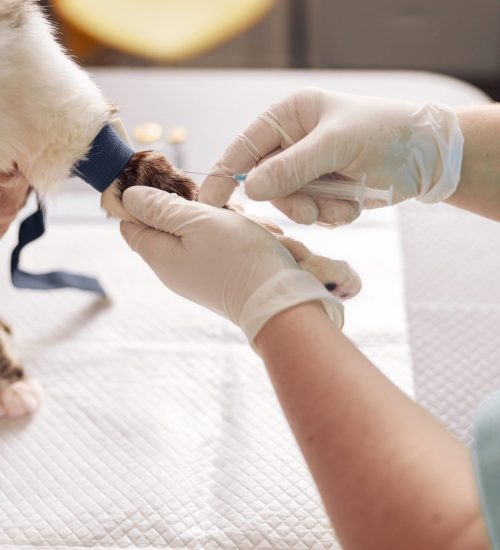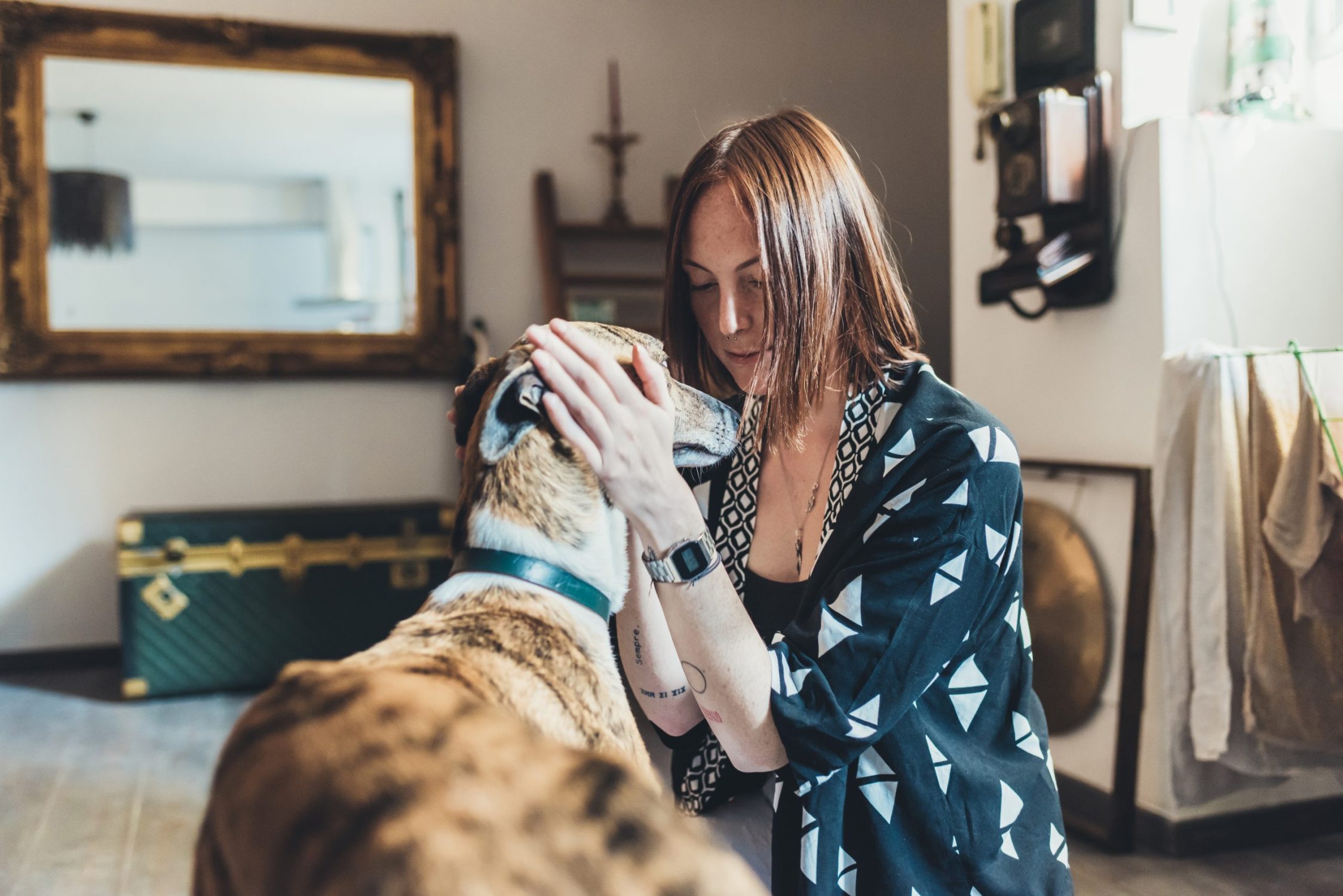Protect Your Pets From Deadly Snakes
Australia holds the unenviable record for the largest number of venomous snakes of any country on earth. While snakes can be seen all year round in Australia, as the weather begins to warm and we begin to see more and more snakes on the move again, this life-threatening emergency is more likely to happen.
Unfortunately, thousands of pets have been bitten by snakes. Pets are curious and are armed with natural hunting instincts, so it is no wonder that they can be attracted to these slithering creatures. In our latest post, we explore all you need to know about snake safety and how you can protect your pet from these potentially deadly animals.
Reducing The Risk Of A Snake Bite

Depending on where you live, some of most common snakes that threaten the lives of our pets here in Australia include the Eastern Brown, the Red-bellied Black, the Taipan and the Tiger Snake. It is important to remember that both snake and pet do not intentionally seek each other out, but it is rather instincts that result in these unfortunate incidents.
There are some key things that you can do as a pet parent to help reduce the risk of your beloved furry friend being bitten by a snake:
Make your backyard less inviting to snakes
Pets are most likely to be bitten by snakes when they are in their own backyard playing. To make your backyard less inviting to snakes, it is important to:
- Keep the grass short
- Remove any long grass, weeds or rubbish
- Keep the area around your house free from food scraps
- Put chicken wire around the
Keep pets inside on hot days
Another effective way to help reduce the risk of your pet being bitten by a snake is to keep them inside on hot days. Not only does this reduce the risk of snake bites but keeps them cool during the hot weather.
If it is absolutely necessary for your pet to be outside, make sure they are supervised at all times and kept in a secure area.
Keep pets on a lead near bushland or water
When walking your pet, always keep them on a lead when near bushland or water where there is a high chance of snakes. Be sure to avoid tall grassy areas and don’t allow your pets to explore holes or dig under rocks.
Keep your vet’s emergency details on hand
In the event that your pet is bitten by a snake, it is important to have your vet’s emergency contact details on hand. This ensures that you can act quickly and get your pet the treatment they need as soon as possible. The House Call Vet offers a after-hours emergency service, so you can rest assured that your pet will always receive the care they need when they need it.

What To Do If Your Pet Is Bitten By A Snake
When a snake bites an animal, it injects venom via the fangs into the tissue below the skin. It is then absorbed from the site and carried by the lymphatic system into the animal’s circulation.
If you think that your pet has been bitten by a snake, the best thing to do is remain calm. This will help to keep you and your pet calm and make it easier for you to think clearly. While it is important to act quickly, it is also important not to panic as this can result in further injury to your pet.
Snake venom carries a large range of different toxins that damage tissues and impair many of the body’s vital functions. The severity of the bite will depend on the type of snake, the amount of venom injected and your pet’s individual response to the venom.
Some common signs that your pet has been bitten by a snake include:
- Shaking or twitching
- Dilated pupils or difficulty blinking
- Vomiting
- Loss of bladder or bowel control
- Blood in urine
- Ataxia (loss of function of body movements)
- Breathing difficulties (rapid and shallow)
- Excessive salivation and drooling
- Bleeding from wound
- Paralysis, collapse or coma
Envenomation from the toxins contained in snake venom is life-threatening and should always be treated as an emergency. If you suspect that your pet has come into contact with a snake and has been bitten, it is vital that you immediately seek veterinary attention.
First Aid Basics
While waiting for professional help to arrive, there are some basic first aid measures that you can take to help your pet.
Pets are usually bitten around the head, neck and front legs. If your pet is showing any signs of distress, it is important to keep them calm to reduce the spread of venom. Apply a pressure bandage if possible, but do not restrict blood flow with a tourniquet or clean the bite site with anything.
If possible, try to remember the snake type and colour as this will help the vet to identify the type of antivenom required. However, do not try to capture or kill the snake and rather get your companion to the vet.
BE sure to carry your pet to the car and do not allow your pet to walk if you can help it. Again, any restriction of movement helps reduce the spread of snake venom.
Transport your pet to a vet immediately, and where possible, call the clinic to let them know you are on the way. They may also provide additional instructions and get the required equipment and medication ready.

Snakes & Your Pets: The Bottom Line
Despite our best efforts, there is always a chance that our pets will come into contact with snakes. It is therefore important to be aware of the signs that your pet has been bitten and to know what first-aid measures to take.
If you think that your pet has been bitten by a snake, the best thing to do is remain calm and call your vet immediately. Time is of the essence when it comes to treating snake bites, so it is important to act quickly and get your pet to the vet as soon as possible.
The House Call Vet are a leading veterinarian service in Brisbane, offering a variety of services to suit your needs. We provide comprehensive care for your pet, including vaccinations, microchipping, desexing, and more. We also offer after-hours emergency service, so you can rest assured that your pet will always receive the best vet care.

